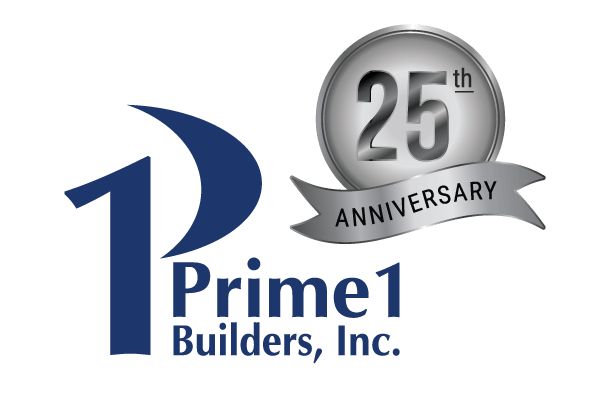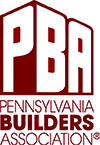1. Will I receive a written contract? Does the contract contain the mandatory provisions and language from the PA State Attorney General’s Office as required in the Home Improvement Contractor Act. Ask for the contractor’s Home Improvement Registration # and verify it with the State Attorney General’s Office.
2. When will you start? How long will my project take? What is the projected finish date?
3. Do you have references? How long in business? Experience? Have you done similar projects?
4. Are you properly licensed and insured? The state of Pennsylvania requires that home improvement contractors
register with the Attorney General’s office and display this registration # on all of their written documentation
5. What is our payment schedule? This varies which each individual business. Ask!
6. Do we need a building permit? Who will get this? Who will pay for this?
7. Does my home need to be tested for lead based paint? Homes built before 1978 may contain lead based paints and are required to be tested for the presence of lead based paint by an EPA licensed contractor. Test results should be shared with the homeowner
8.Do you employ your key personnel or are they subcontractors? Who will be here on site every day? Ask your contractor direct questions about who will be responsible for opening and locking up, who will supervise subcontractors on site and who to call daily with questions.
9. How do we communicate? Who do I communicate with if I have questions after hours or in an emergency? Email is the best form of communication during business hours or by telephone if preferred. You will be given the foreman’s contact information as well as the owners in case of emergency.
10. What is the scope of work? What is and what isn’t included in the job?
11. What will happen if there is a change order? Change orders should be handled in writing where the change in: the scope of work, the schedule and price are all noted. We require that change orders are signed off on by the homeowner (s). Make sure you have a plan in place to document the unexpected changes that can and often do happen along the way. Photos of unknown or hidden conditions are our preferred method for documenting unexpected/hidden conditions on a job-site.
12. What happens when the job is finished? What is the procedure for preparing a punch list? Who will perform this work and who will confirm it is completed?
You should receive a list of subcontractor contact info at the end of project for all trades that worked on the project.
13. Closing documents should include a copy of the final inspection and certificate of occupancy from the local building inspector as well as any other 3rd party inspectors that may have provided jobsite inspections. You should also get a final release of liens from all contractors if the contract included this provision before you make you final payment to the contractor(s)
14. How will you protect my property?
This conversation should occur before any demolition even occurs. There are a number of dust-containment measures that can be taken. Homeowners will be aware of how they will be able to move through the construction zone. It is helpful to remove all delicate items from the wall, bookcases and within the construction zone just to be safe. Homeowners should be aware that despite every measure to keep the area clean, there will be some dust.
This is a good start. Any really good and experienced contractor will help guide you through this process and he or she will be available to answer your questions as your proceed. 















